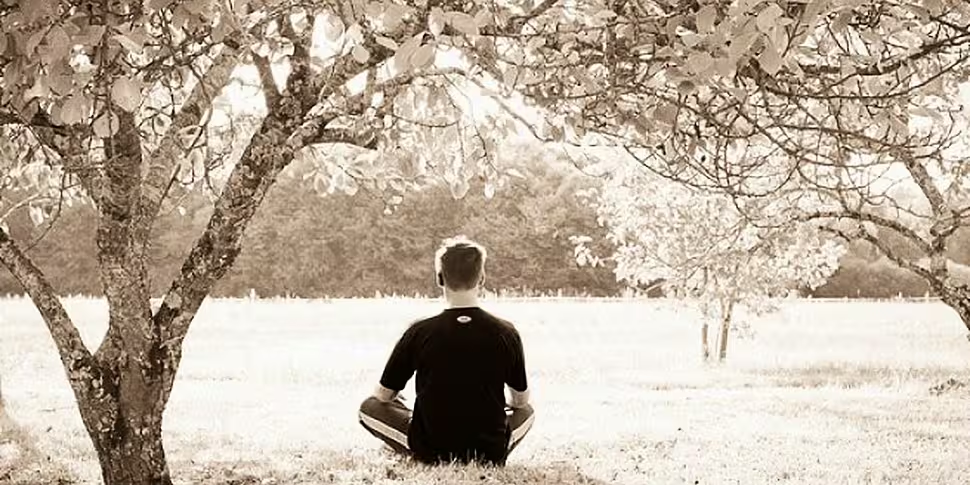On thinking about what I was going to write this week, I remembered a course I did last year as part of the Eden Programme, called WRAP (Wellness Recovery Action Plan).
While I still struggle with the name – wellness and recovery are two words that really grate on me – the concept is sound.
Doing the programme was something of an eye-opener for me. It helped me realise how much I already knew about how to manage my mental health, but also how much I was refusing to accept.
Today, reading back on what I wrote a year ago, it’s gratifying to see how far I’ve come even in the year since doing WRAP. My entire attitude to mental health/illness has changed, and some of the key concepts of the programme which I really struggled with last year are just part and parcel of my life now.
At the core of WRAP are the wellness toolbox and 5 key recovery concepts, and these are the building blocks for 3 action plans. Again, the language bothers me a little – in layman’s terms the wellness toolbox is simply knowing what makes us feel good and making it part of our life.
For me, these are things like walking, time alone in nature, meditation, time with friends and family – the simple things. The recovery concepts are an understanding of what makes us tick and what we need to do to look after our minds. The action plans are just that – a set of guidelines we create for ourselves on how we bring all of this learning into our daily lives.
There are 5 key concepts – hope, personal responsibility, education, self-advocacy and support. As part of the programme we explored these in more detail, looking at what those words mean for us as individuals.
1. Hope
This is a word I had a set against for a very long time, most of my life to be honest; particularly over the years that things were really bad because for much of that time, I had none.
I lurched from crisis to crisis with many and varying interventions along the way and believed that my future would always be one of fire-fighting, mental illness and damage control.
Now I’m within months of being medication free, have been discharged from psychiatry, no longer require the support of a therapist and am genuinely happy with the direction my life is taking. Not only can I see that I do have a future, I’m excited at the wealth of possibilities it holds.
2. Personal Responsibility
This is the big one for me and is something I struggled with for years – taking responsibility for my own actions, my own well-being. The belief that an illness was stopping me from being well played a huge part in my reluctance to try and take responsibility for my life.
I spent 6 years waiting for my therapist to save me, and I put that responsibility solely on her. I could not (would not?) see, never mind accept, how much of it came back to me and what I do or don’t do.
Over the last year I’ve come to understand just how much we are ultimately responsible for our well-being. It sounds so obvious, and so simple, but it really isn’t, especially when things are bad.
It’s far from easy either – it means acknowledging when something isn’t working for us, and doing something to change it.
3. Education
Knowledge is power is a cliché for a reason!
Understanding how our minds work, how much control we do actually have on our thoughts and feelings, was central to being able to take responsibility for myself and my behaviour.
I don’t and never did have an illness or a disorder, not in the way that I had previously understood it. I had some really flawed ways of viewing myself and the world, and developed unhelpful coping strategies and depression as a result. But when I was given the ability to understand this, everything changed. I changed.
4. Self-advocacy
I understand this as being able to ask for what I need, or in some cases, recognise what isn’t working.
Over the last few years this has taken many forms – accessing therapy, accessing and dealing with psychiatric services, my blog and crowdfunding for treatment being among them.
More recently, it has involved developing a much deeper understanding of how our minds work, and recognising that until I made significant changes, the cycle of depression would continue.
5. Support
This is something I know I’ve tended to struggle with over the years and I doubt I’m the only one – being able to ask for help from those around us, and knowing what it is we need of them and what we can reasonably expect from them. I also understand it as knowing I have the capacity within myself to be my own support.
This is the first time I’ve revisited what I learned from WRAP last year, and it’s been really interesting to see how much has changed in the last 12 months.
***
Fiona Kennedy writes regularly about mental health issues on her blog sunnyspellsandscatteredsh
If you are affected by any of the issues raised in this article you can contact Samaritans free anytime from any phone on 116 123 or visit www.samaritans.ie to find details of your nearest branch. You can also find online information at www.yourmentalhealth.ie









